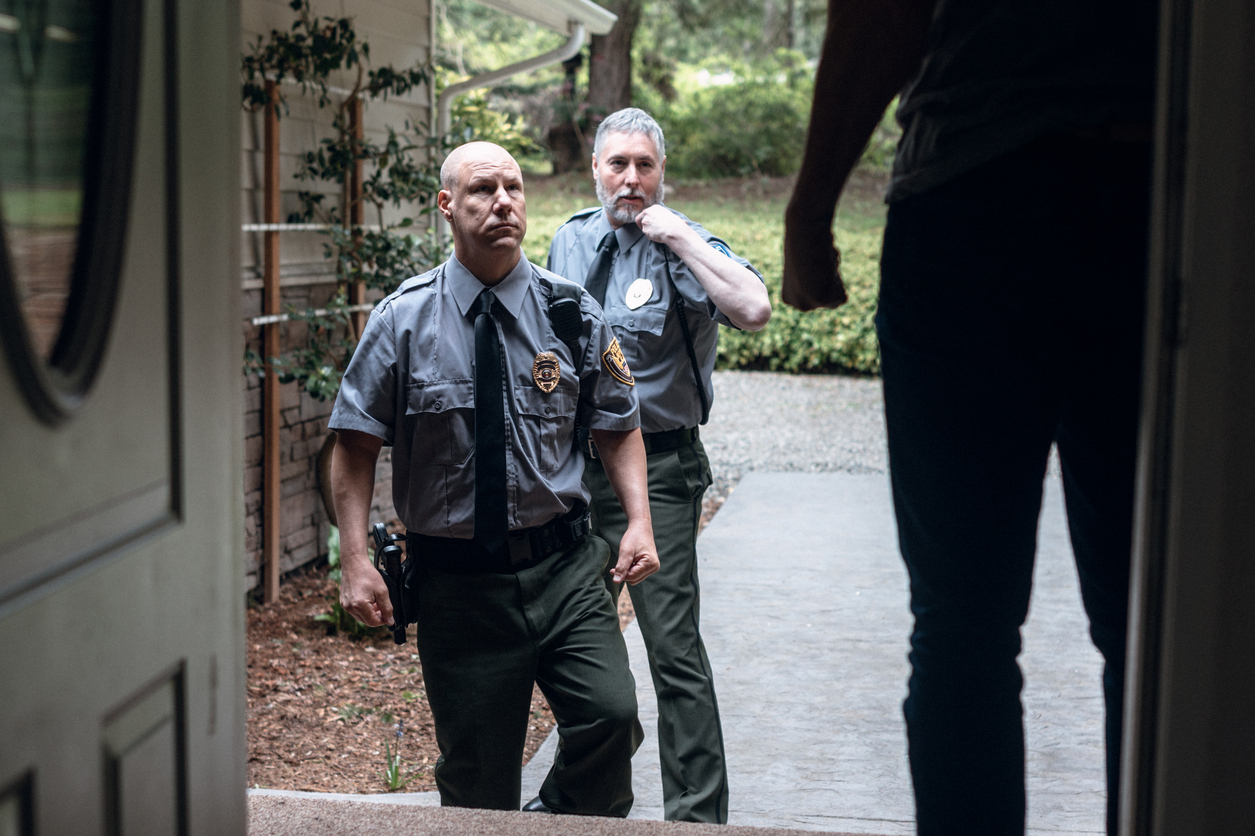UNINTENDED CONSEQUENCES …
The South Carolina Supreme Court issued a landmark ruling this week affirming equal protection rights in relation to the state’s criminal domestic violence (CDV) statutes.
In its ruling in the matter of Jane Doe v. The State of South Carolina, the court concluded there was “no reasonable basis for providing protection to one set of domestic violence victims – unmarried, cohabiting or formerly cohabiting, opposite-sex couples – while denying it to others.”
We agree … and we praised the court for reaching this conclusion.
But did the majority of its justices err in prescribing a remedy for this violation of our nation’s equal protection rights?
Yes … they did. Badly, it would seem.
In fact we’re told the ruling could create a prosecutorial nightmare for one of the broadest classes of domestic violence cases – unmarried boyfriends and girlfriends who abuse one another.
“They eliminated an entire category of domestic violence law in South Carolina,” one former prosecutor familiar with the intricacies of the case told us. “All they had to do was extend protection to the plaintiff, but what they did was throw out the protection for everybody – including the plaintiff.”
Wait … what? We thought the court extended domestic violence protections?
Apparently not …
“The cohabiting definition that the plaintiff sought to have applied to her is not there any more,” our source said, adding that “protections weren’t added they were eliminated.”
(Click to view)

(Via: FITSNews)
To his credit S.C. chief justice Donald Beatty – who issued his own concurring opinion in the case – identified the problem. According to Beatty’s opinion, the court’s decision to scrap the offending law meant that its protections will “no longer be available to opposite-sex couples who are cohabiting or formerly have cohabited.”
That’s a huge swath of criminal domestic violence cases …
“Such a drastic measure is neither necessary nor desired,” Beatty wrote, arguing that the court could have easily found the law unconstitutional as applied in this particular case and held that “the family court may not utilize these statutory provisions” similarly in the future.
“I would decline to invalidate the Acts in their entirety,” Beatty wrote. “Such a
decision would result in grave consequences for victims of domestic abuse. To leave
these victims unprotected for any length of time would be a great disservice to the
citizens of South Carolina.”
We concur …
Beatty’s advice was not heeded, though, meaning unless you are married, were formerly married or have a child with your abuser, you cannot seek protection under the state’s domestic violence laws.
At least not until the S.C. General Assembly takes corrective action … a process which, ironically, could further complicate matters.
“If they define the cohabiting to include two men, does a fight between college roommates now constitute domestic violence?” one lawmaker mulling possible reforms to the code told us. “What about two soldiers at Fort Jackson who get in a fight in the barracks? If they are charged with CDV their military careers would be over.”
Prosecutors are not without recourse in the interim, though. They can still file assault and battery charges in domestic incidents involving cohabiting couples, but it certainly appears as though they will not be able to press CDV charges until this issue is resolved.
Frankly, we believe the best solution to this problem would be for lawmakers to strike the state’s CDV laws down entirely – and address the problem by identifying aggravating factors in assault cases (i.e. marital or cohabiting status, the presence of children in the home, etc.) and assigning the appropriate punitive consequences for each of those factors.
And yes, such laws would make no distinction on the basis of the sexual orientation of either the violator or the victim.
***
WANNA SOUND OFF?
Got something you’d like to say in response to one of our stories? In addition to our always lively comments section (below), please feel free to submit your own guest column or letter to the editor via-email HERE or via our tip-line HERE …
Banner via iStock
